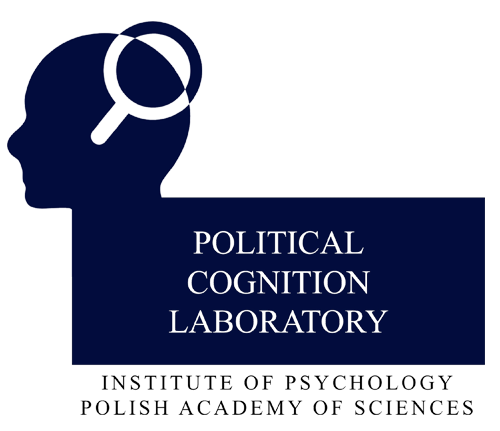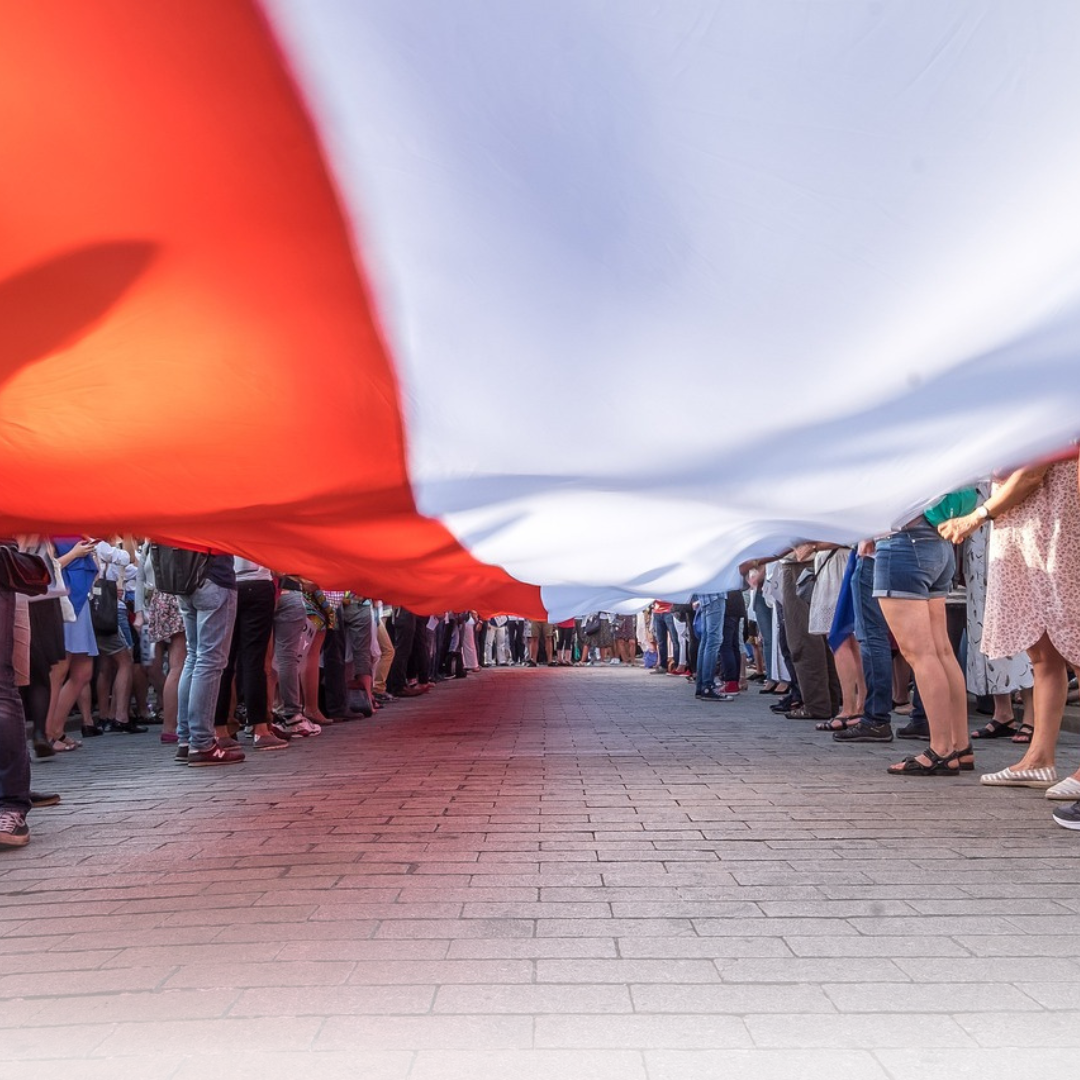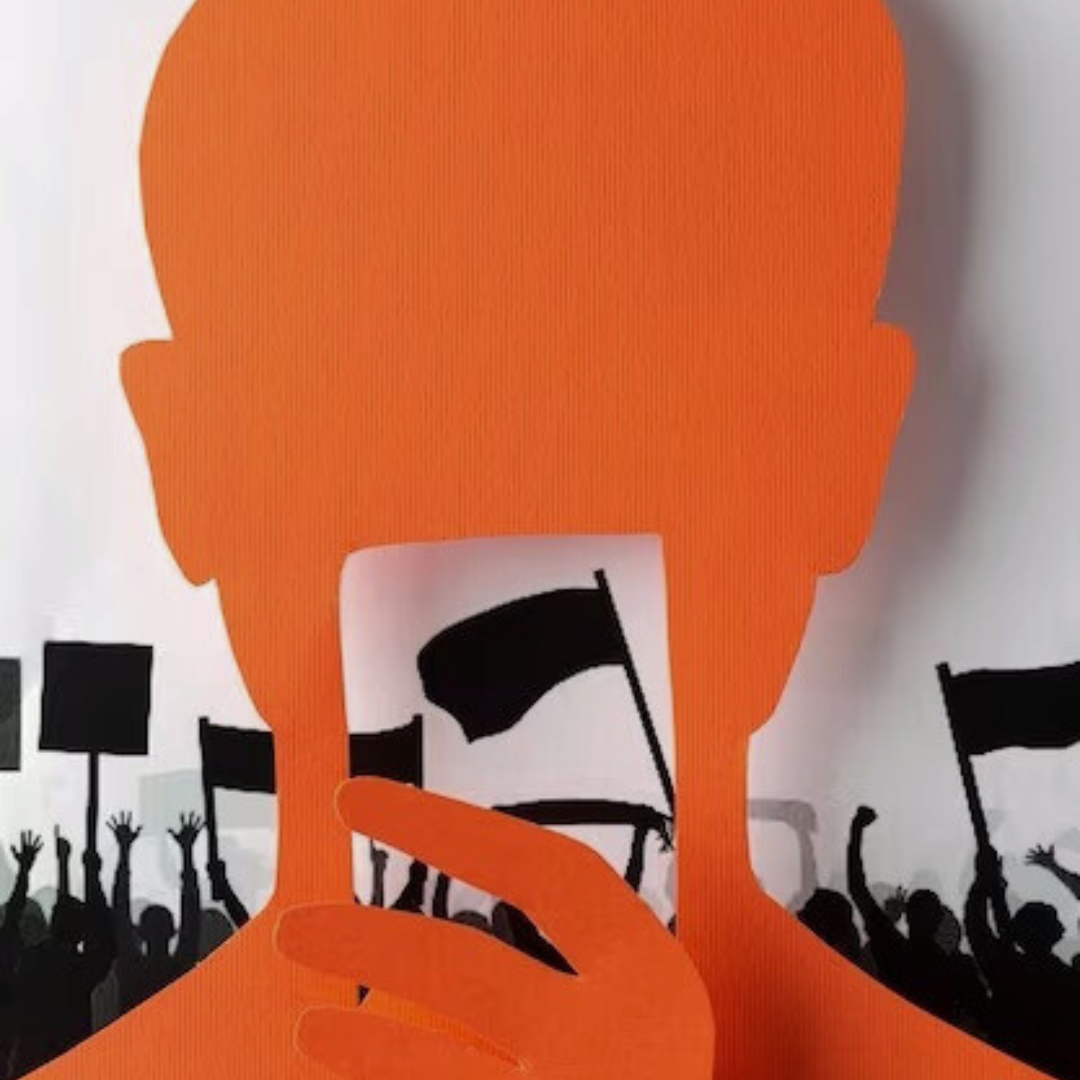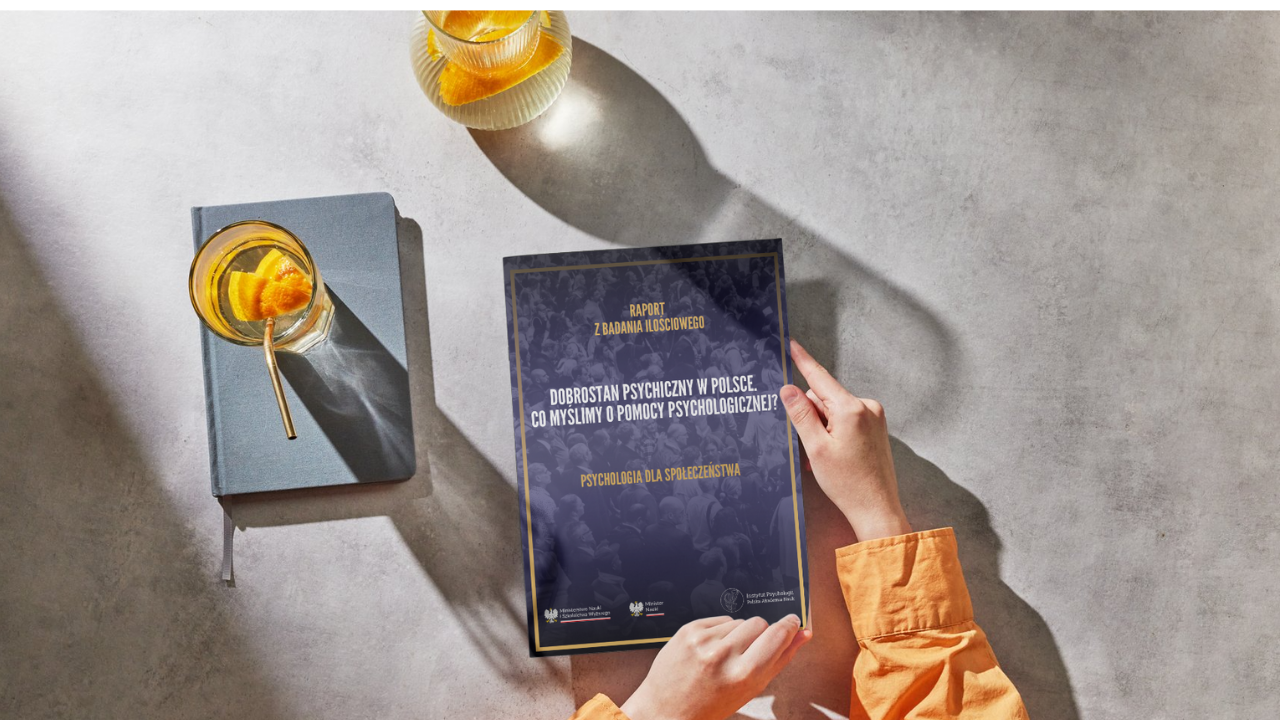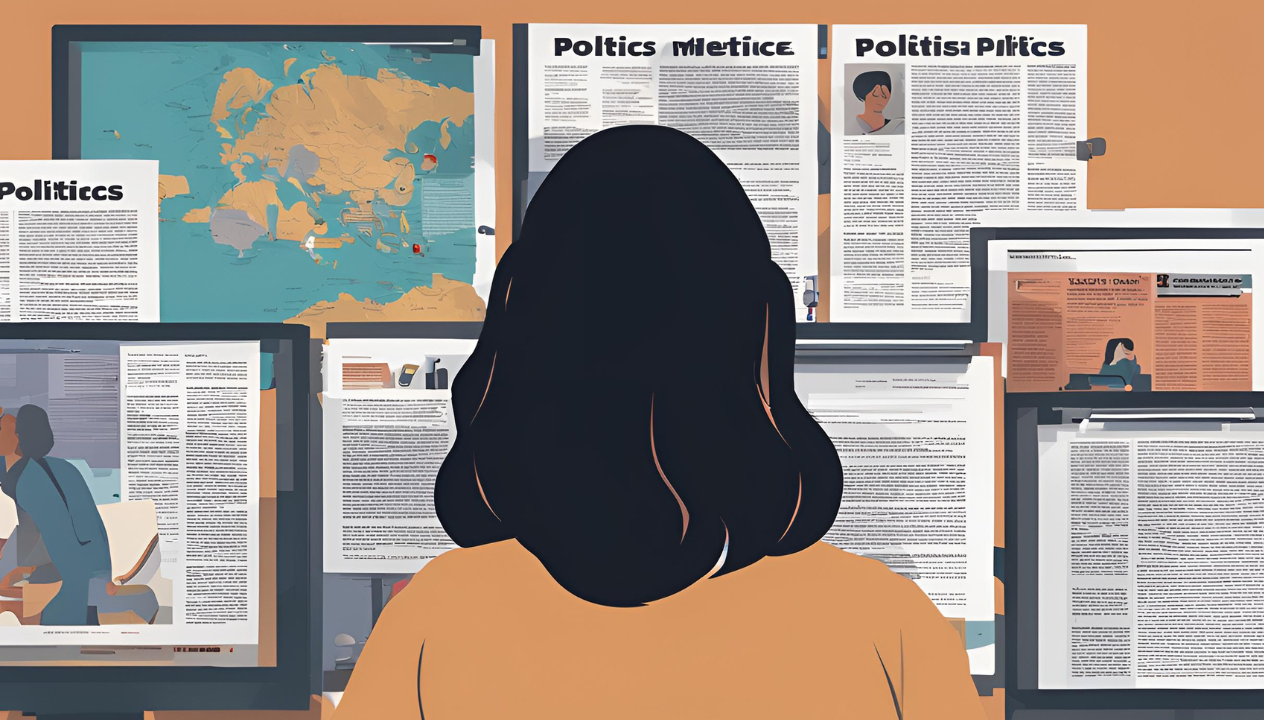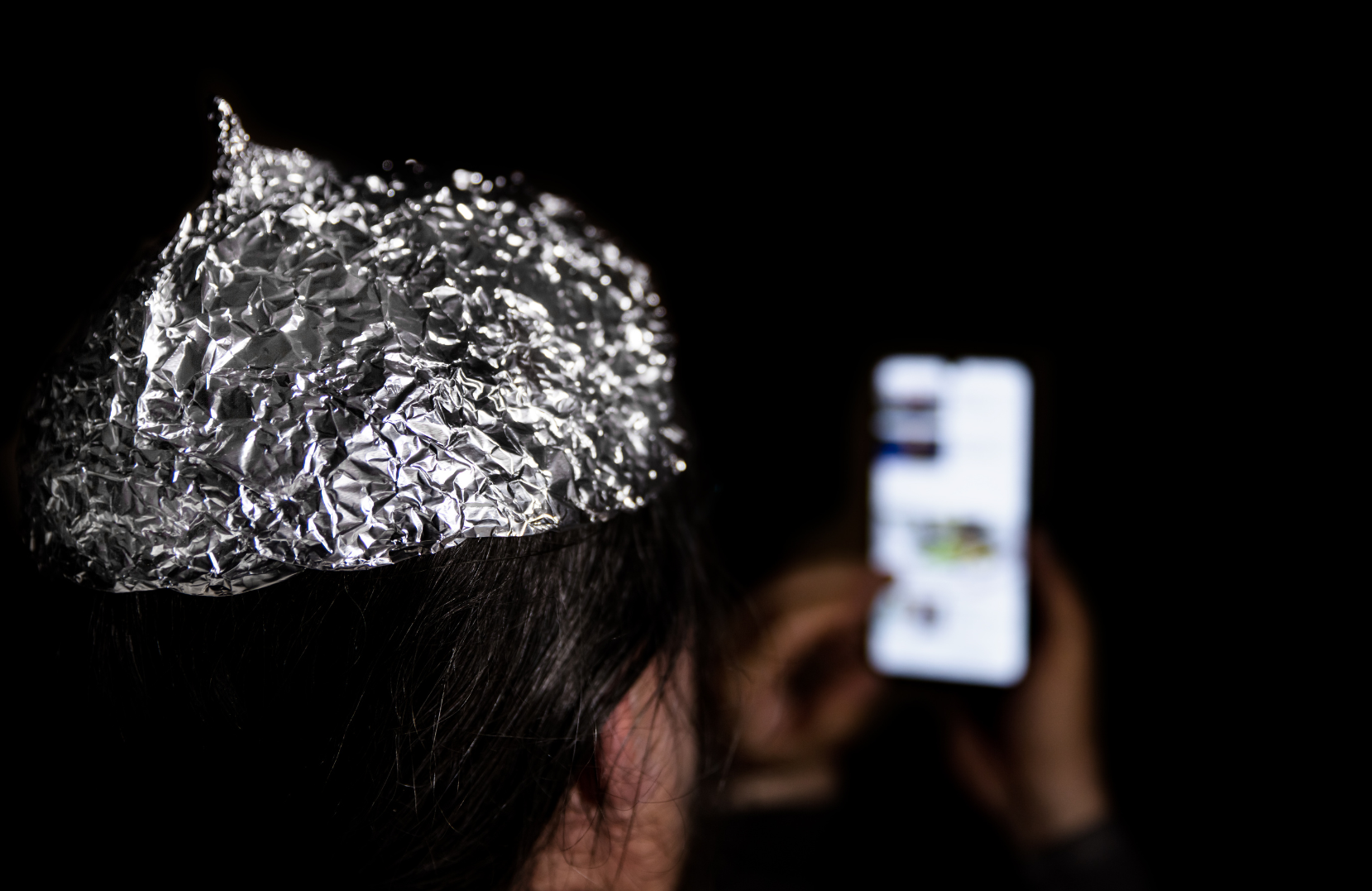What is the association between stress coping strategies and COVID-19 conspiracy beliefs?
Results of a recently published article, authored by Graduate School for Social Research doctoral candidate Zuzanna Molenda and collaborators, explore how different types of coping with stress strategies (i.e., self-sufficient, social-support, avoidance and religious coping) are related to the endorsement of conspiracy theories about the COVID-19 pandemic.
In a series of two studies, conducted on representative samples of Polish adults, authors found that avoidance and religious coping were positively linked to COVID-19 conspiracy beliefs. Moreover, results of the first study also showed that avoidance (but not religious) coping with stress was related to non-adherence to safety and self-isolation guidelines during the COVID-19 pandemic. In turn, COVID-19-related conspiracy beliefs mediated the path between coping with stress and adherence to safety and isolation guidelines during the pandemic.
What is more, the second study points towards a possible mechanism governing the relationship beween stress coping and conspiracy beliefs. Results of that study show that the association between fear, induced by reading threatening news on COVID-19, and conspiracy beliefs was the strongest among those high in avoidance coping. This suggests that when faced with crisis-induced fear, individuals coping with stress in an avoidant way are more likely to seek out and support conspiracy-based explanations related to these troubling events.
More on this topic can be found in the following paper:
Coping strategies and belief in COVID-19 conspiracy theories
